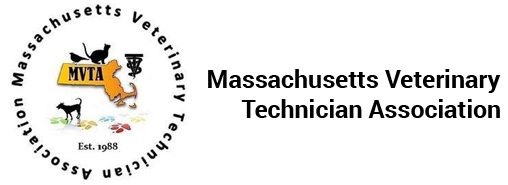|
Compassionate professionals providing essential nursing care for animals
What Is a Veterinary Technician/Technologist?
- Veterinary Technicians (2-year degree) and Veterinary Technologist (4-year degree) are educated professionals trained in veterinary technology.
- They are credentialed after completing an AVMA-accredited program, passing the Veterinary Technician National Exam (VTNE), and fulfilling their individual state's requirements.
- They are often compared to nurses in human medicine because of their critical role in patient care.
What Do They Do?
Veterinary technicians and technologists provide hands-on nursing care for animals under the supervision of veterinarians, including:
- Monitoring patients before, during, and after procedures
- Administering medications, anesthesia, and treatments
- Collecting and processing laboratory samples
- Performing diagnostic imaging (X-rays, ultrasound, CT scans)
- Preparing patients and instruments for surgery and assisting during surgery
- Providing wound care, bandaging, and ongoing medical nursing
- Educating pet owners on home care, nutrition, and preventive health
- Supporting animal comfort, safety, and well-being throughout their hospital stay
Why They Are Critical Members of the Veterinary Team
- Nursing care: Veterinary technicians and technologists are the primary caregivers who ensure animals are comfortable, monitored, and treated with compassion.
- Team collaboration: They partner with veterinarians, assistants, and support staff to deliver high-quality medical care.
- Continuity of care: They provide ongoing attention and observation that helps detect changes in a patient's condition quickly.
- Client connection: They help families understand how to care for their pets, building trust and improving outcomes.
How to Become a Veterinary Technician or Technologist
- Education: Complete an AVMA-accredited veterinary technology program (associate or bachelor's degree).
- Examination: Pass the Veterinary Technician National Exam (VTNE).
- Credentialing: Meet your state's requirements for licensing, certification, or registration.
- Specialization (optional): Pursue Veterinary Technician Specialist (VTS) credentials in a focused area (such as anesthesia, emergency & critical care, dentistry, diagnostic imaging, etc.) via NAVTA-approved specialty academies.
- Career growth: Opportunities exist in general practice, specialty care, research, shelter medicine, teaching, and more.
Pick a Program
In Massachusetts, AVMA-accredited programs include:
Several AVMA-accredited online programs are also available
Learn More
|
